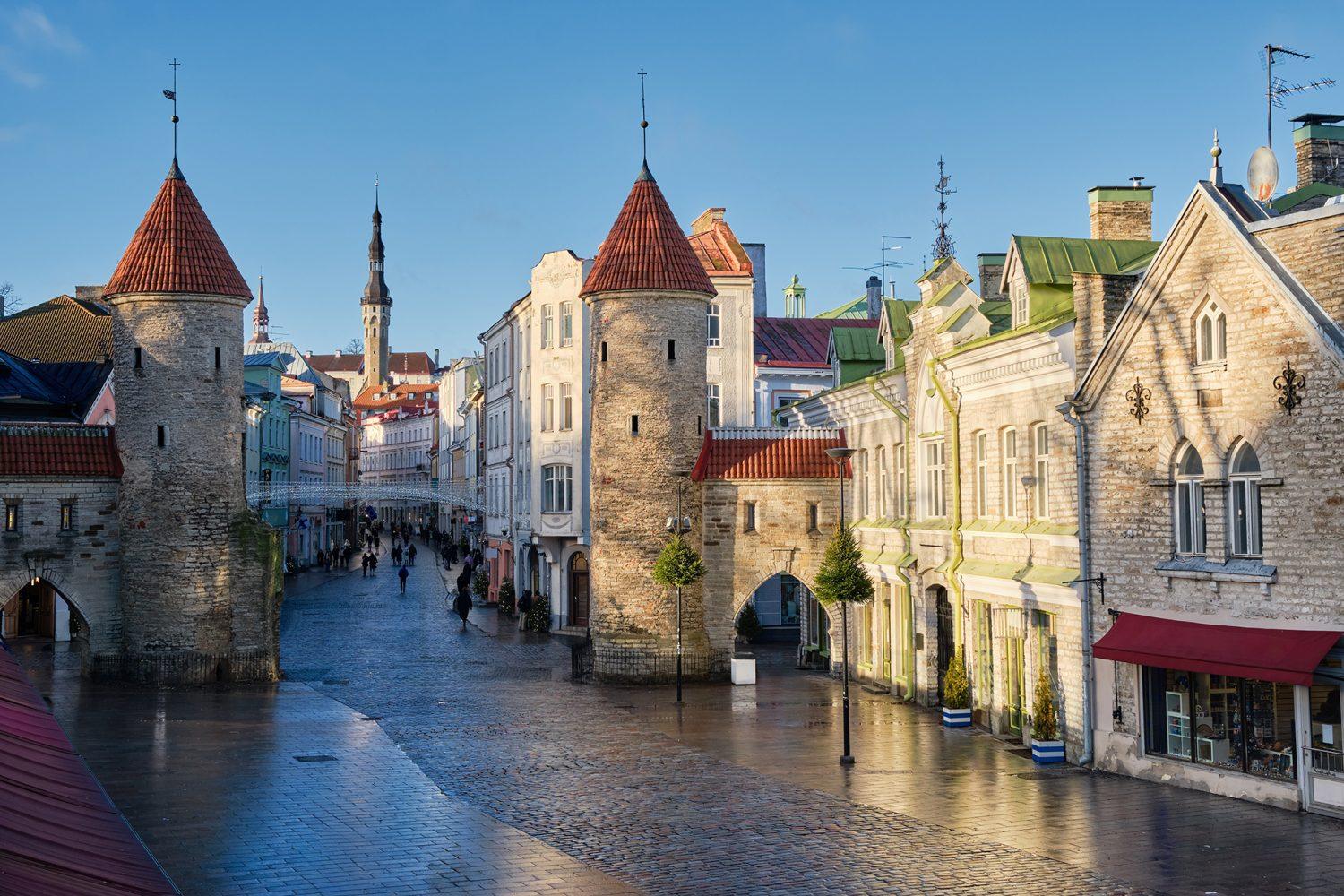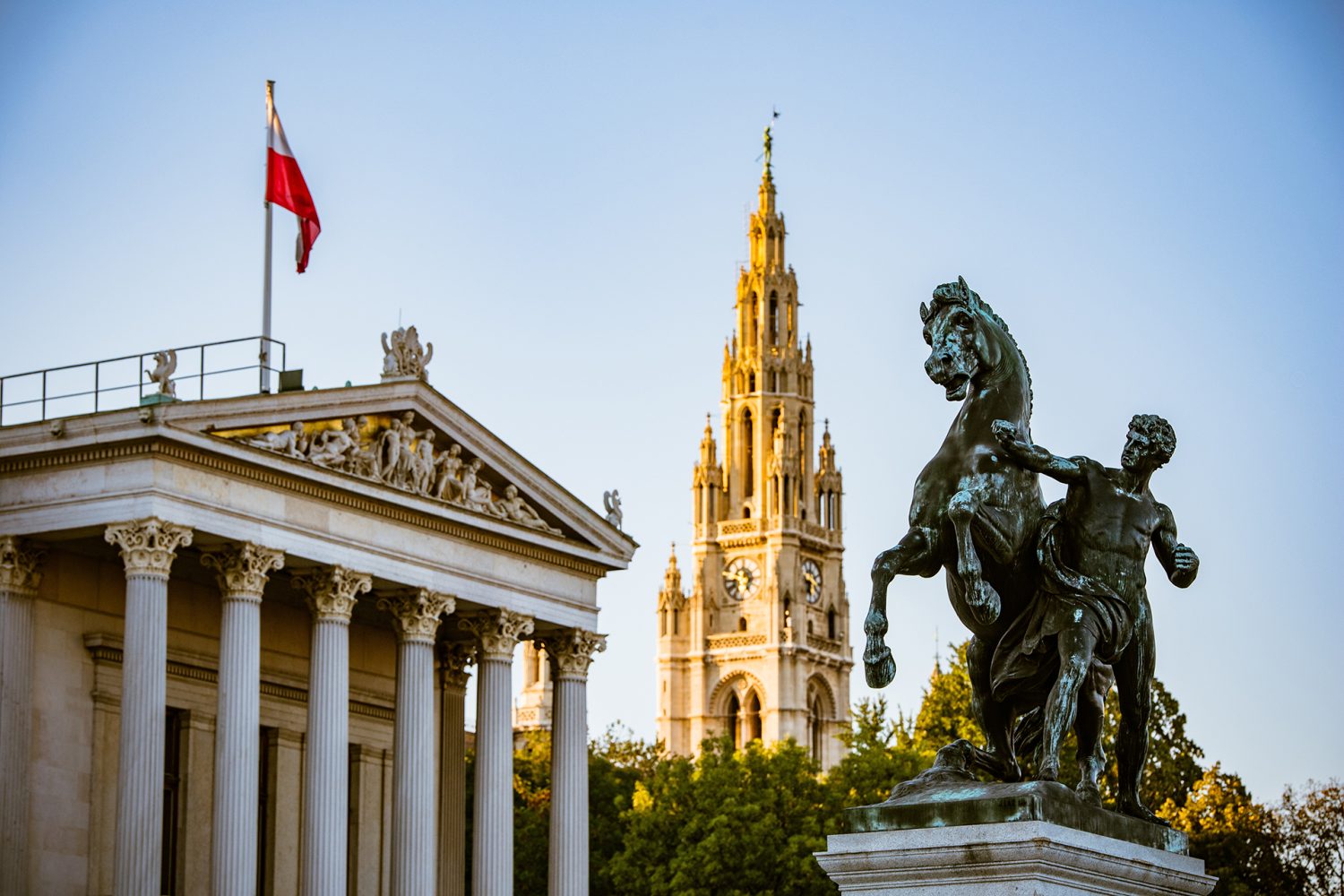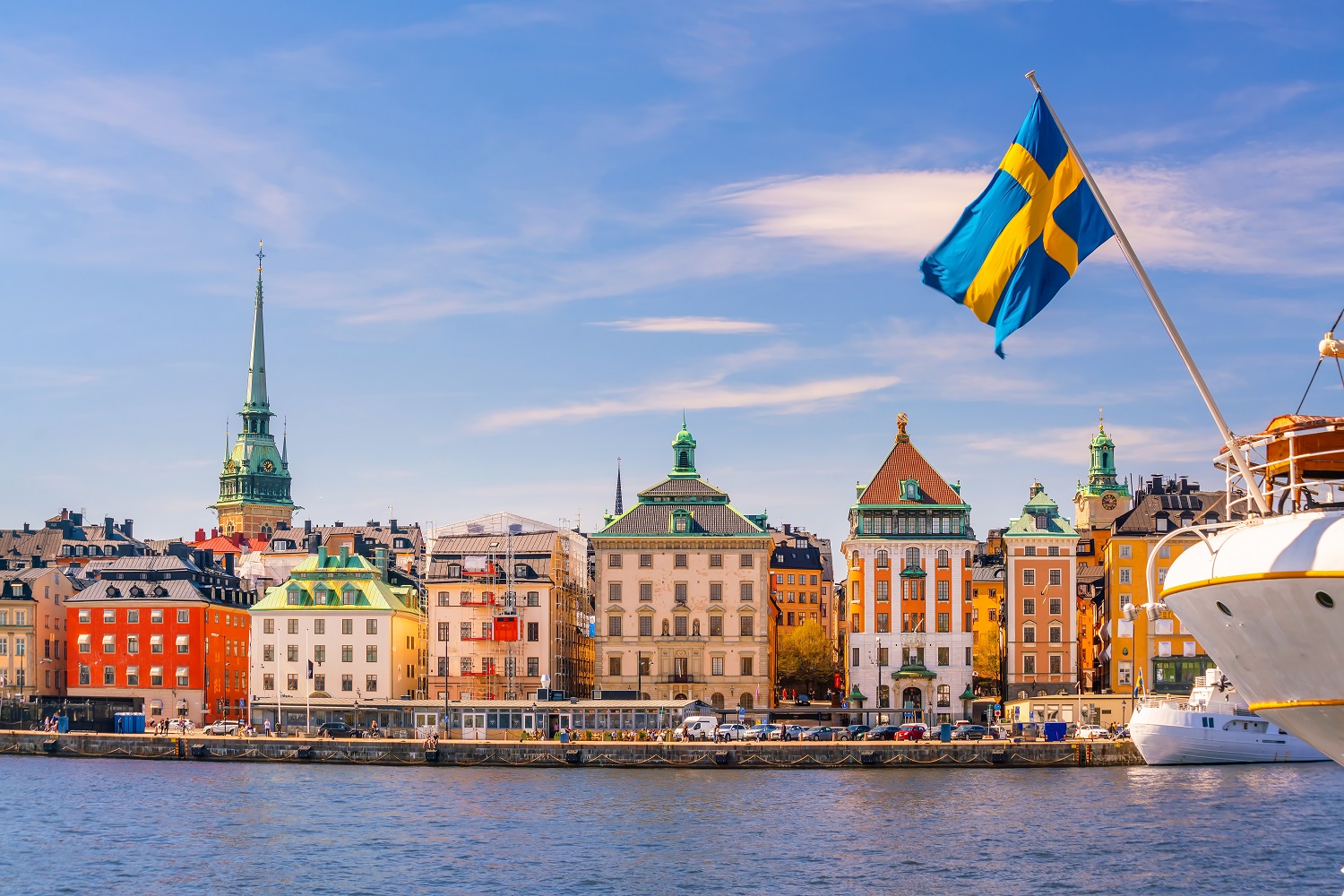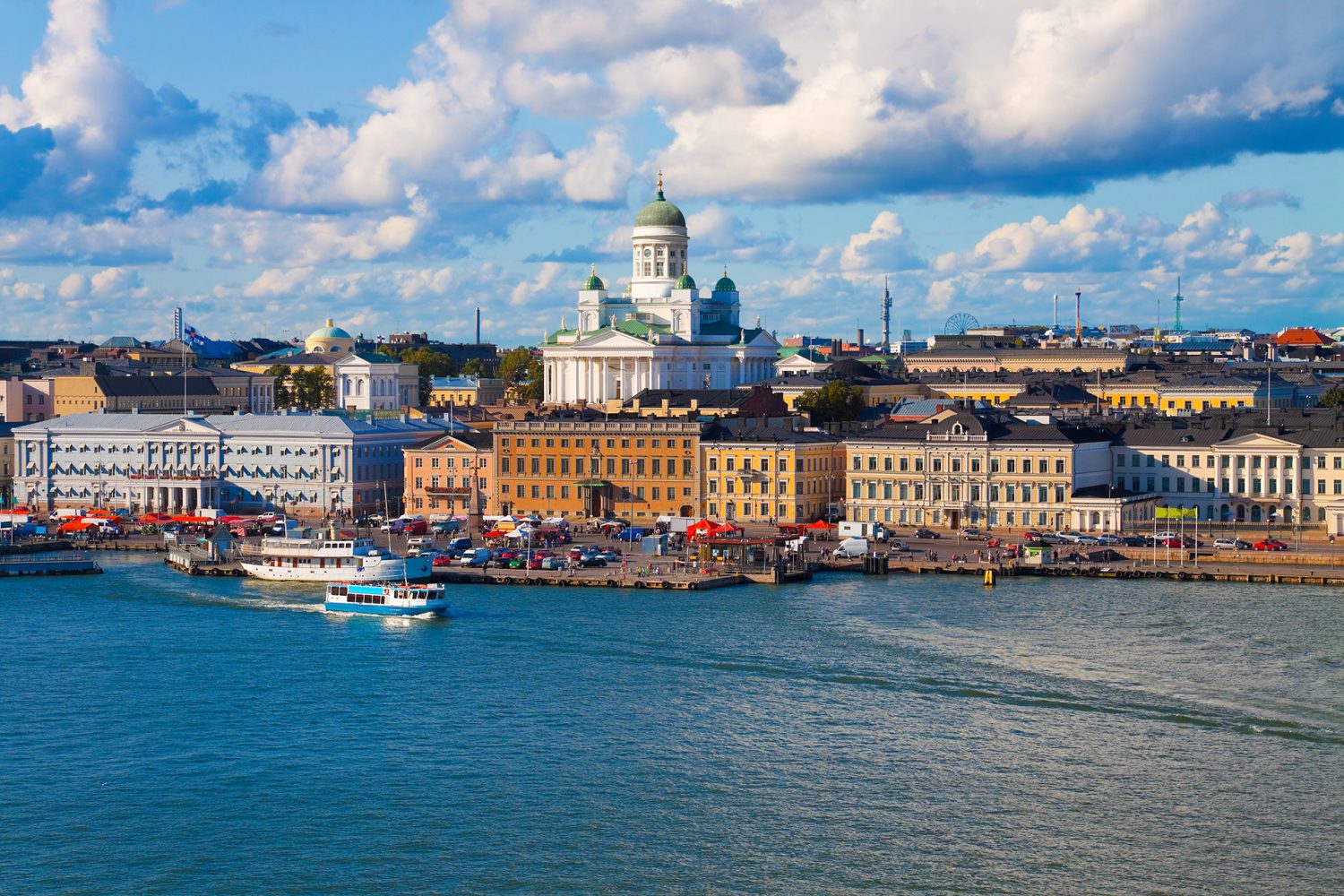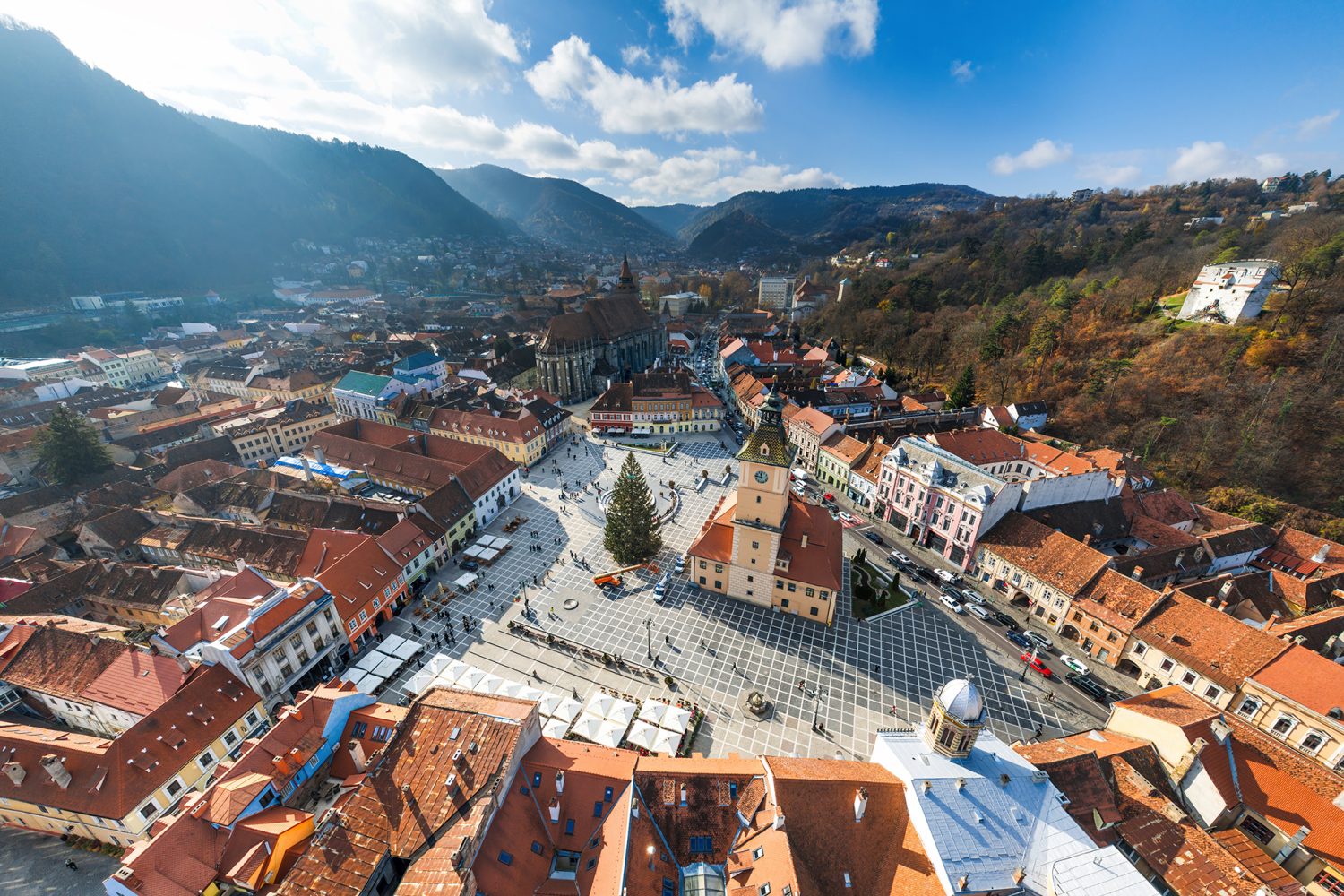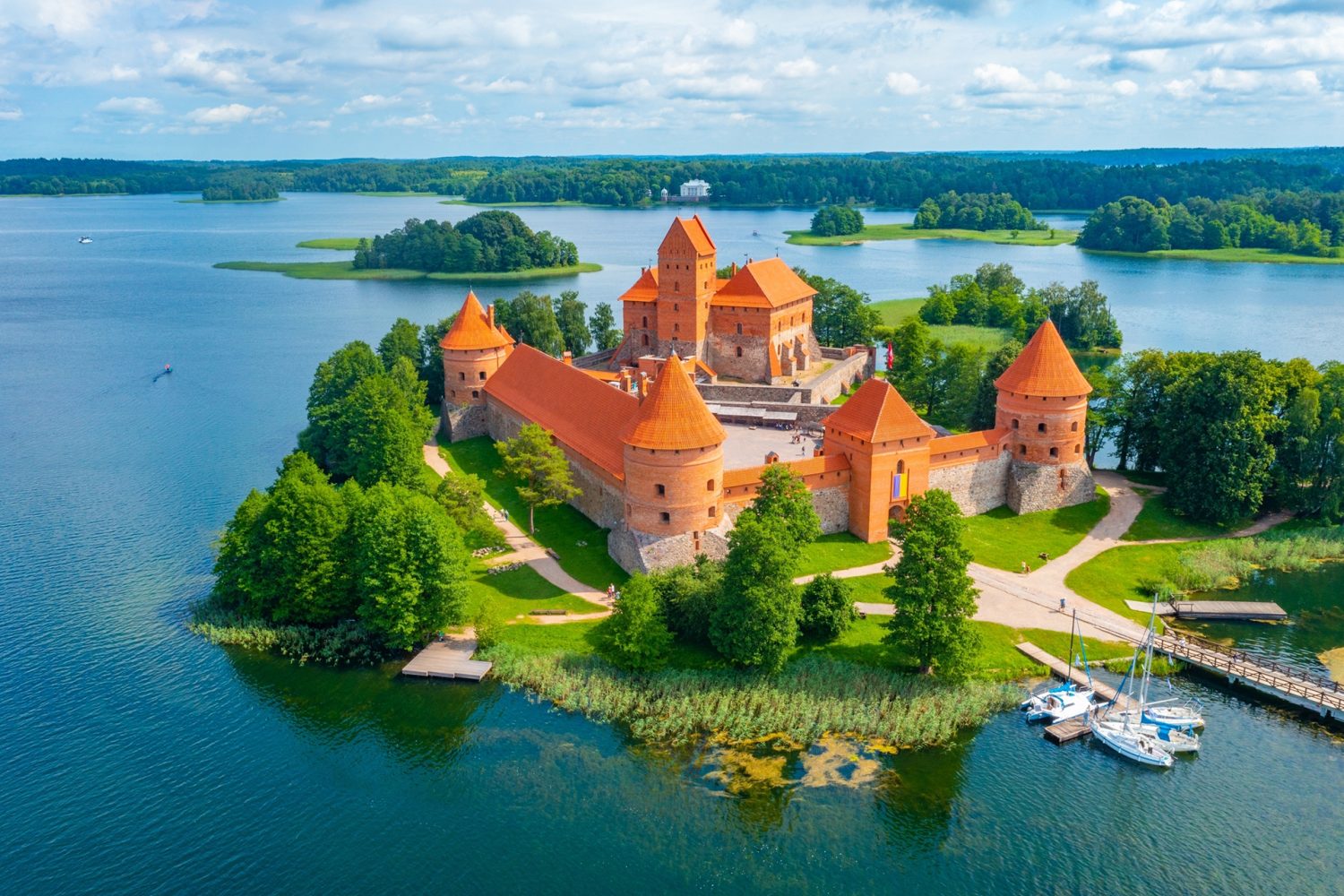
Diana Weber
Lawyer of international law
Rating:
25
November
How to Get Citizenship of Estonia
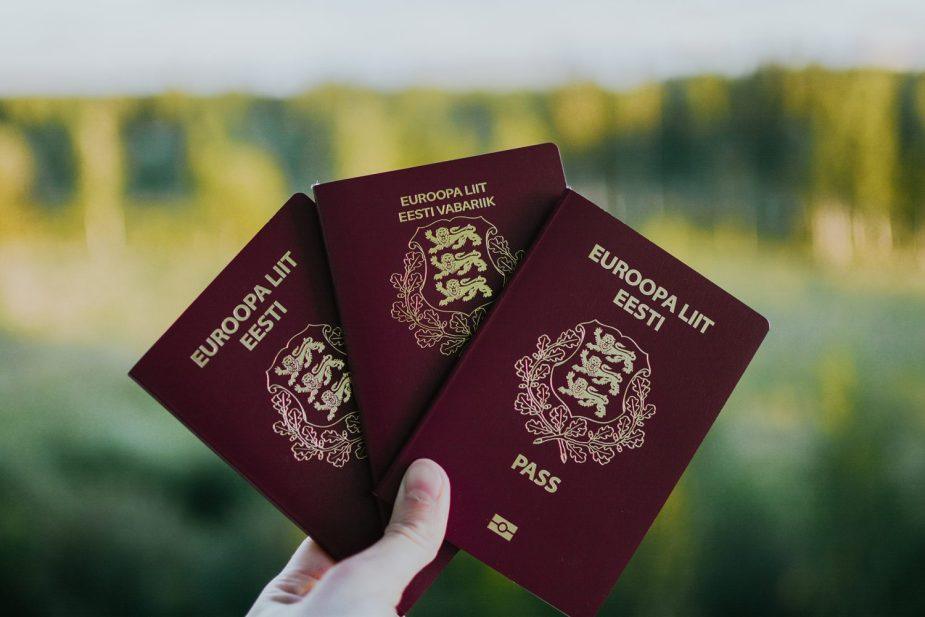
Estonian citizenship is a status that grants you certain rights and a number of obligations to the state. Among the privileges you receive freedom of movement around the world, simplified immigration to EU countries, international business development, free access to European health care and education systems. Usually, a passport is granted by naturalization, less often through birth/restoration/special merit.
The granting of Estonian citizenship is regulated by the legal act “Kodakondsuse seadus” of January 19, 1995. According to the act, the conditions for naturalization are residence in the country for 8 years or more, knowledge of the national language, history and constitutional norms, permanent income and place of registration in the state. The Republic of Estonia does not allow dual or multiple citizenship: when applying for a local passport, you are obliged to renounce a similar document in your home country.
In 2026 it is also possible to obtain most of the rights of an Estonian citizen with a passport of another EU country, issued under a simplified program. Detailed information is provided by our Immigrantinlaw lawyers during a free consultation.
As an Estonian citizen you have the right to:
Estonia has a rather strict migration policy, so the list of grounds for citizenship is limited. Usually, foreigners obtain a passport by naturalization - after long residence in the republic and sufficient integration into society. There is no easing of the procedure, including for spouses of Estonians or large investors.
It is impossible to buy an Estonian passport legally, and even significant investments in the local economy do not bring you closer to obtaining the coveted citizenship. Investments in the amount of 1 million EUR can be a reason to open a residence permit, but with it you still have to live in the country for 8 years to obtain the status of a citizen. The “right of soil” in the country does not apply either: if you give birth to a child here, he/she will get your citizenship.
Submit an application form and we'll get back to you!
A child whose at least one parent has Estonian citizenship can obtain the same legal status without any additional conditions. The place of birth does not matter in this case. Children who were found in the territory of the Republic and whose origin is unknown are also eligible for citizenship. A child adopted by Estonians is also eligible for a passport. Children born in a family of foreigners have no privileges in acquiring citizenship, regardless of how long their parents have lived in the Republic.
You can become an Estonian citizen in the general order after 8 years of living in the country legally, i.e., with a temporary and long-term residence permit. For the five years preceding your application, you must stay in the country permanently, i.e., at least 183 days per year, and not travel abroad for more than three consecutive months. At the time of citizenship application, you must have a residence permit card obtained at least six months from the date following the date of registration of your application.
In addition to complying with Estonian residency regulations, you must:
The Estonian government may grant local citizenship without fulfilling the naturalization norms to those who demonstrate outstanding achievements that are important for the republic. For example, it may be merits in sports, science, culture or other areas of interest to the state. The quota of such decisions is limited: no more than 10 proposals from members of the government per year. Information on the granting of citizenship and its justification is necessarily published in Riigi Teataja - “State Gazette”.
If you were an Estonian citizen and lost this status as a child (e.g., by parental decision), you have the right to restore it without having to comply with naturalization rules. You will need to move to Estonia permanently and renounce your current passport.
In the European Union there is a rule of common citizenship. As a passport holder of any EU country, you can move to Estonia and enjoy common citizenship rights here. In a number of EU countries citizenship is issued within 4 to 12 months, without residence in the country with residence permit, demonstration of income level and language proficiency, about which our experts will inform you in detail at a free consultation.
To naturalize in Estonia, you:
Important! In 2025, Estonia introduced significant changes to its citizenship legislation. Citizens of third countries (including Russia and Belarus), as well as stateless persons, will lose the right to vote in local elections starting in 2026. A legal amendment is also under discussion to allow children born to stateless parents to acquire Estonian citizenship under simplified conditions. Naturalization rules remain unchanged: 8 years of residence, exams, and renunciation of previous citizenship.
It is not possible to obtain dual or second citizenship in Estonia. To obtain a local passport, you must provide a certificate of renunciation of a similar document in other countries. As of 2026, there are no bilateral treaties for an exception to this rule in the republic.
To apply for Estonian citizenship, you have to submit to the authorities:
Certain documents may not be necessary if the relevant data is available in national databases. Certificates and statements issued abroad must be translated into Estonian and notarized.
Get more information about the peculiarities of immigration to the EU at a free consultation
It is not possible to obtain citizenship for yourself and your child by naturalization at once. You first obtain a passport for yourself and then you can apply to the Police and Border Guard Department to obtain similar documents for your children. If the other parent is a foreigner, you will need his or her written consent or personal presence at the procedure. You will need to fill in an application form, provide identification documents of the mother and father, and a digital photograph of the child. No state duty is payable in this case.
As a citizen, you can obtain an Estonian internal passport by applying in person at the Police and Border Guard Department by appointment. The document looks like a plastic ID-card, which certifies your identity on the territory of the Republic and within the European Union. You will need to provide your citizenship certificate, your digital photo, pay a state fee of 30 EUR (45 EUR - in case of urgent request). There are discounts for pensioners and people with disabilities.
It takes an average of 30 days to produce an ID-card from the moment of application, or up to 5 days in an expedited procedure. It is possible to check the status of the case on the official website of the authorized body. The Estonian internal passport is issued for 5 years, after which it can be re-issued, including through electronic services.
After obtaining an ID card, you can also apply for an Estonian passport for traveling abroad. The state fee for the document is 35 EUR for regular production and 58 EUR for urgent production. You also apply to the Police and Border Guard Department, submit your photo and ID card and expect the result within a month (2 days in urgent procedure). The list of visa-free countries for Estonian passport holders includes such popular destinations as the USA, Canada, Australia, UAE, Saudi Arabia and the UK.
International law specialists can help you find an easier and faster way to obtain a second citizenship in the EU. Immigrantinlaw lawyers will conduct a comprehensive review of your request, based on which they will recommend the best immigration programs.
In 2025, Estonia did not enact a full-scale reform of the Citizenship Act, but migration policy and citizenship procedures began reflecting stricter approaches toward foreign nationals: tighter residence requirements, closer attention to dual citizenship cases, and a gradual shift to digital application channels.
2025 was a transitional year for Estonian citizenship: although the law itself remained unchanged, practice already reflects tighter standards — emphasis on continuous residence, closer scrutiny of dual nationality, integration criteria, and a move toward digital procedures. Formal codification of these standards is expected in the coming years.
The application for Estonian citizenship is denied to those who conceal information about themselves that is important for the decision of the authorities, provide knowingly false data or forged documents. A common reason for a negative response is the submission of an incomplete dossier or making mistakes when compiling it. The request is rejected for reasons of national security.
Passport may not be given to those who are associated with foreign intelligence or served as a career officer in other countries. Citizenship is also denied to those who do not comply with the constitutional order or laws of the republic, including those who have an unexpunged criminal record or have been repeatedly punished for willful crimes.
Citizenship in the EU is guaranteed with the help of specialized Immigrantinlaw lawyers. Migration specialists are with you at every stage of the procedure, which eliminates the risk of mistakes and gives you confidence in the result. The lawyers perform most of the tasks for you: from the formation of the dossier to the organization of the reception in the authorities. You can start the procedure of obtaining a second passport in the European Union today with a free consultation.
Submit an application form and we'll get back to you!
Immigration to Austria for Permanent Residency
15 January
Permanent residence permit in Austria - a resident status, which gives you the right to permanent residence in the state...
Immigration to Sweden for Permanent Residence
24 October
Permanent residence in Sweden is a document of a foreigner, which gives him the right to permanently reside in the...
Immigration to Italy for Permanent Residence
15 November
Permanent residence status in Italy is granted to those who have lived in the country for five years or more...
Immigration to Finland for Permanent Residence
24 May
Permanent residence in Finland is a status of an inhabitant of the state, which is granted indefinitely after the period...
Obtaining Romanian Residence Permit for Foreigners
5 February
Temporary residence permit in Romania is an official status that is arranged by foreigners for moving to the country and legally...
Obtaining Lithuanian Residence Permit for Foreigners
9 December
A residence permit in Lithuania is a document with which you can reside in the country for more than 90...
Discover
new opportunities
with a European Union passport!
Submit the application form and we will call you back!
Leave a request
Contacts